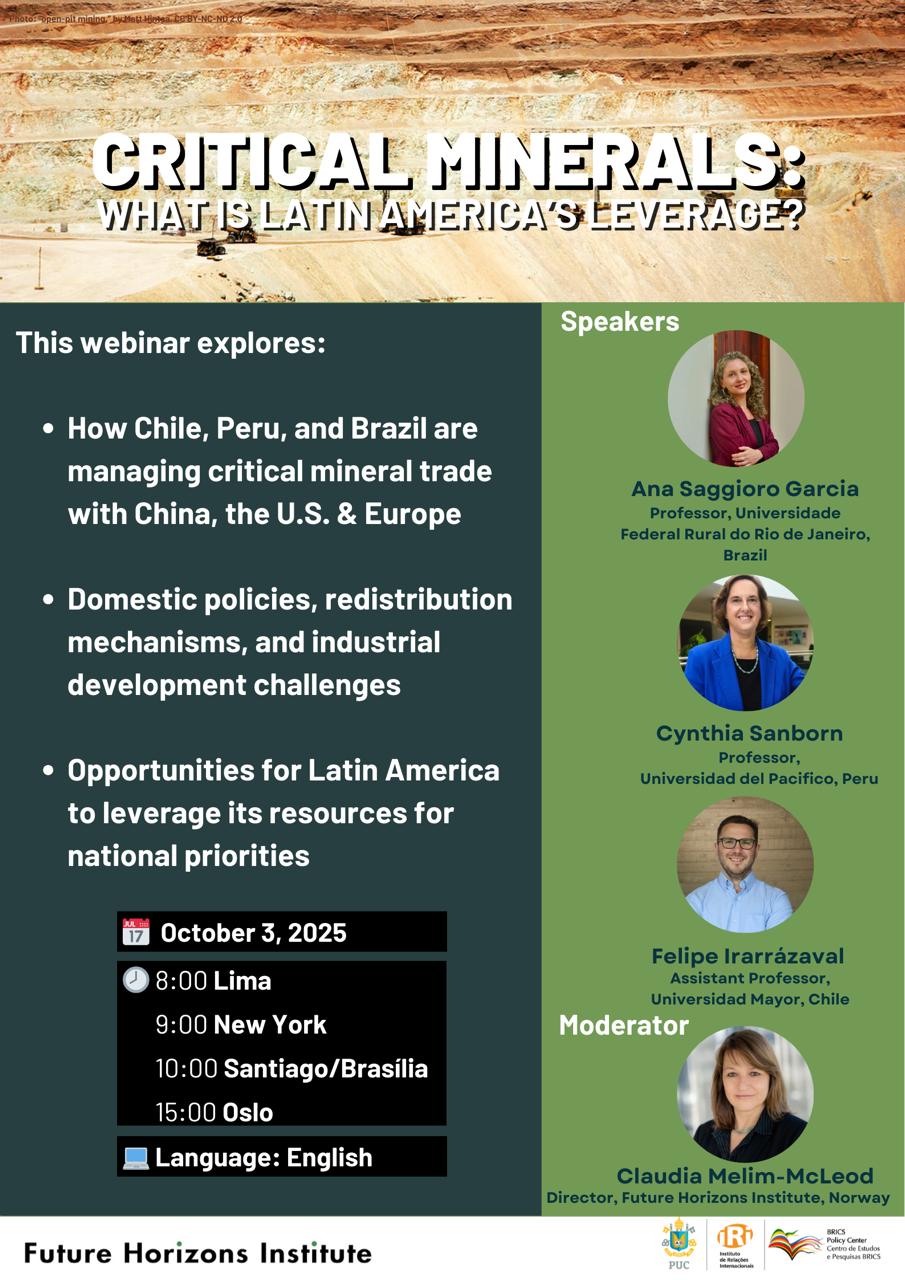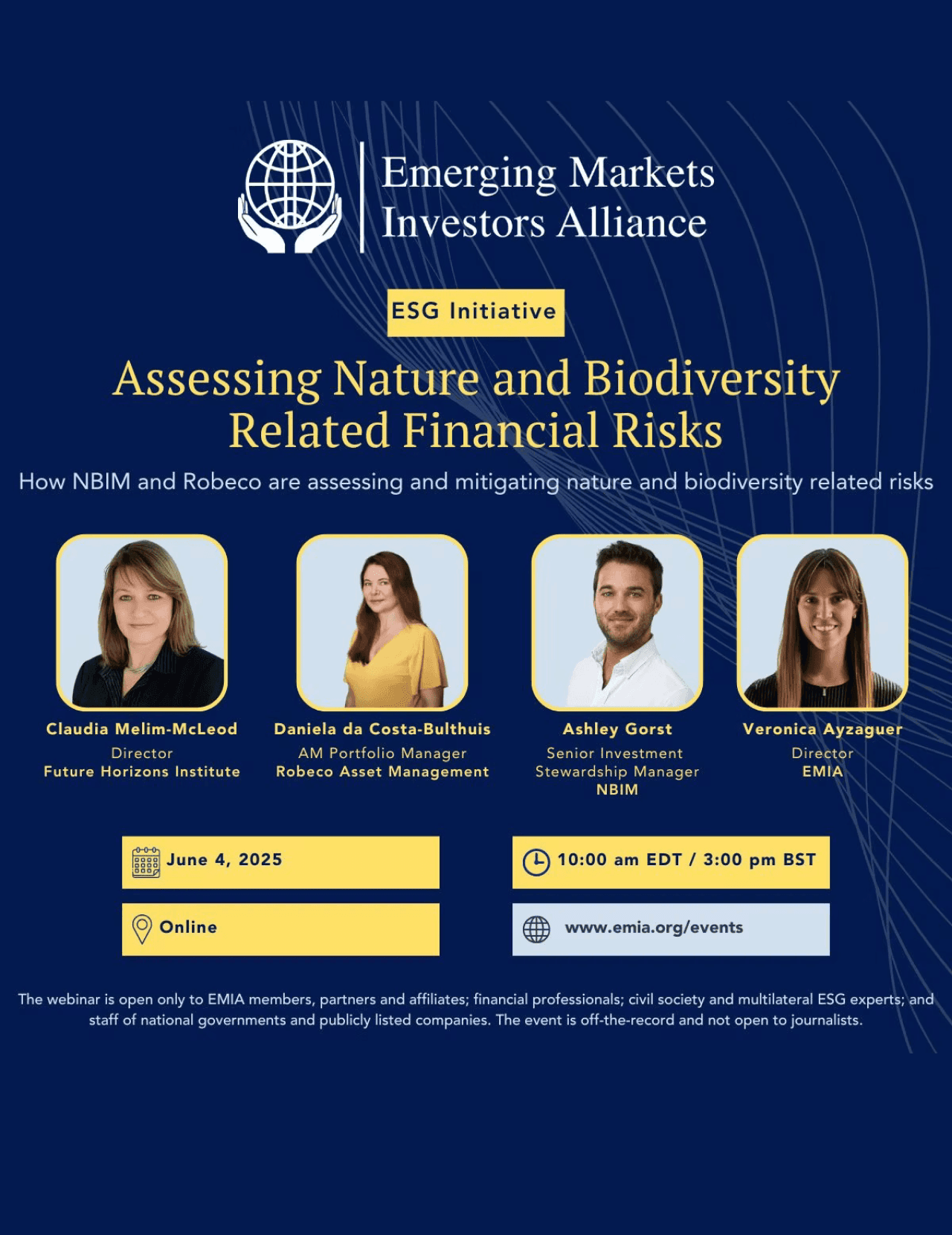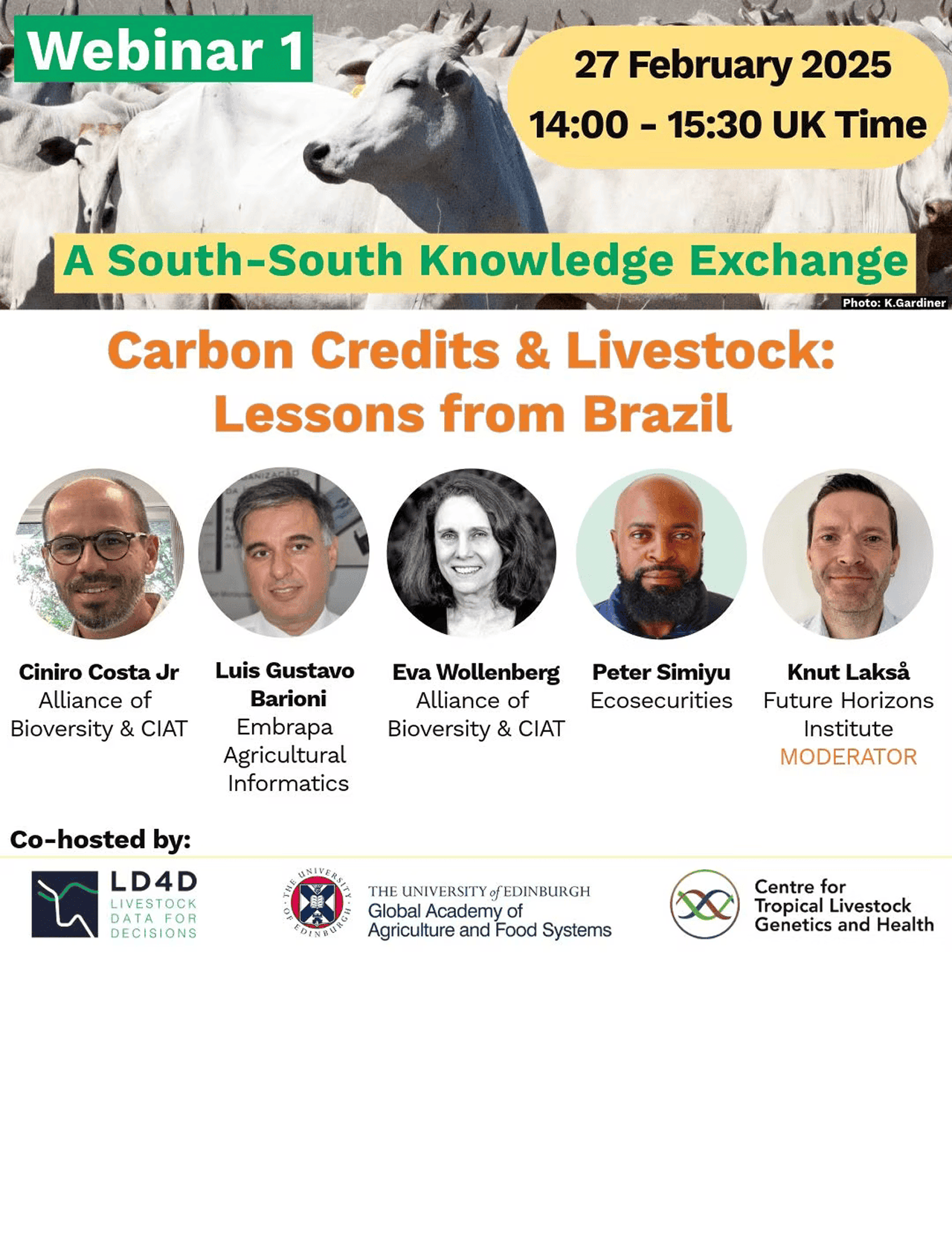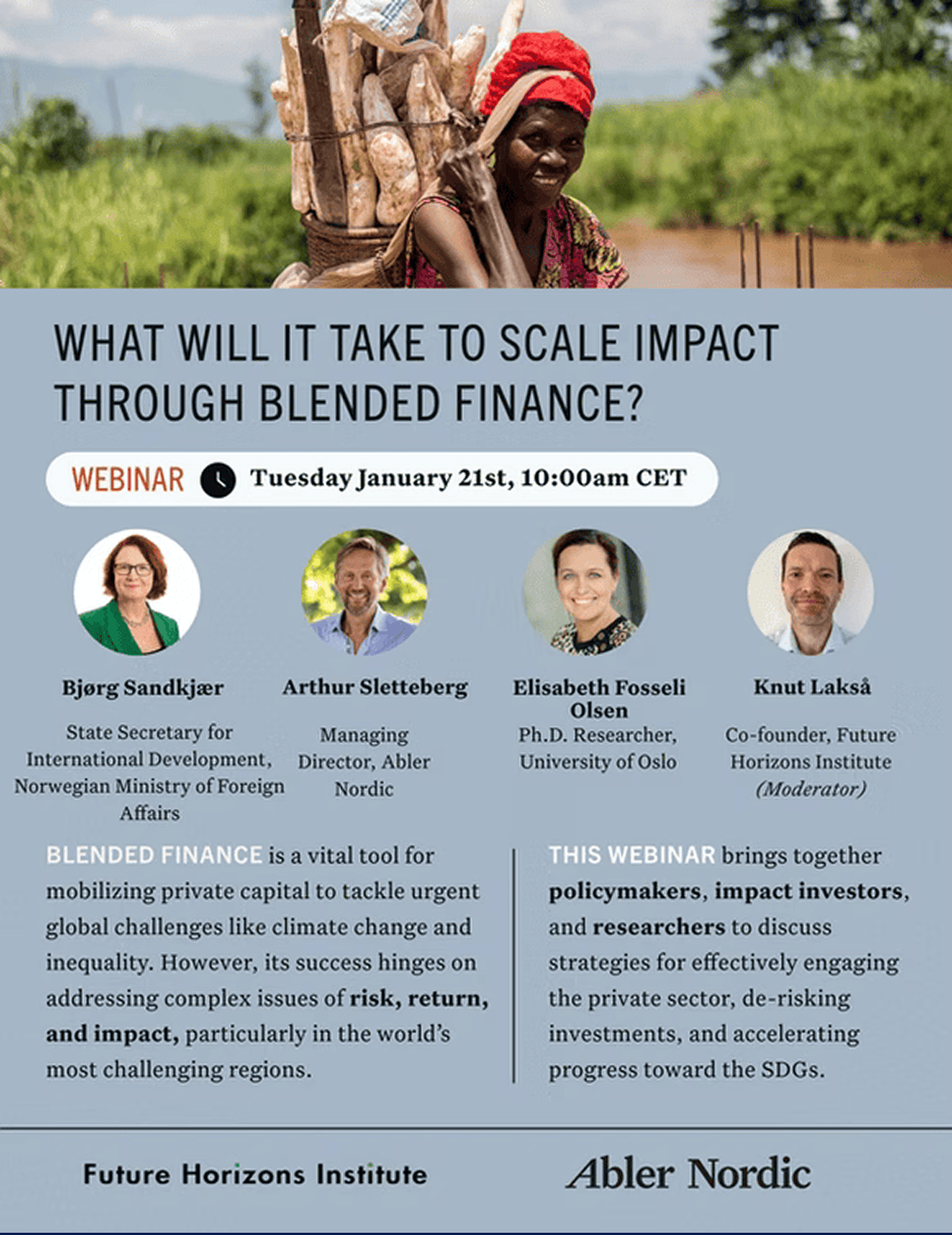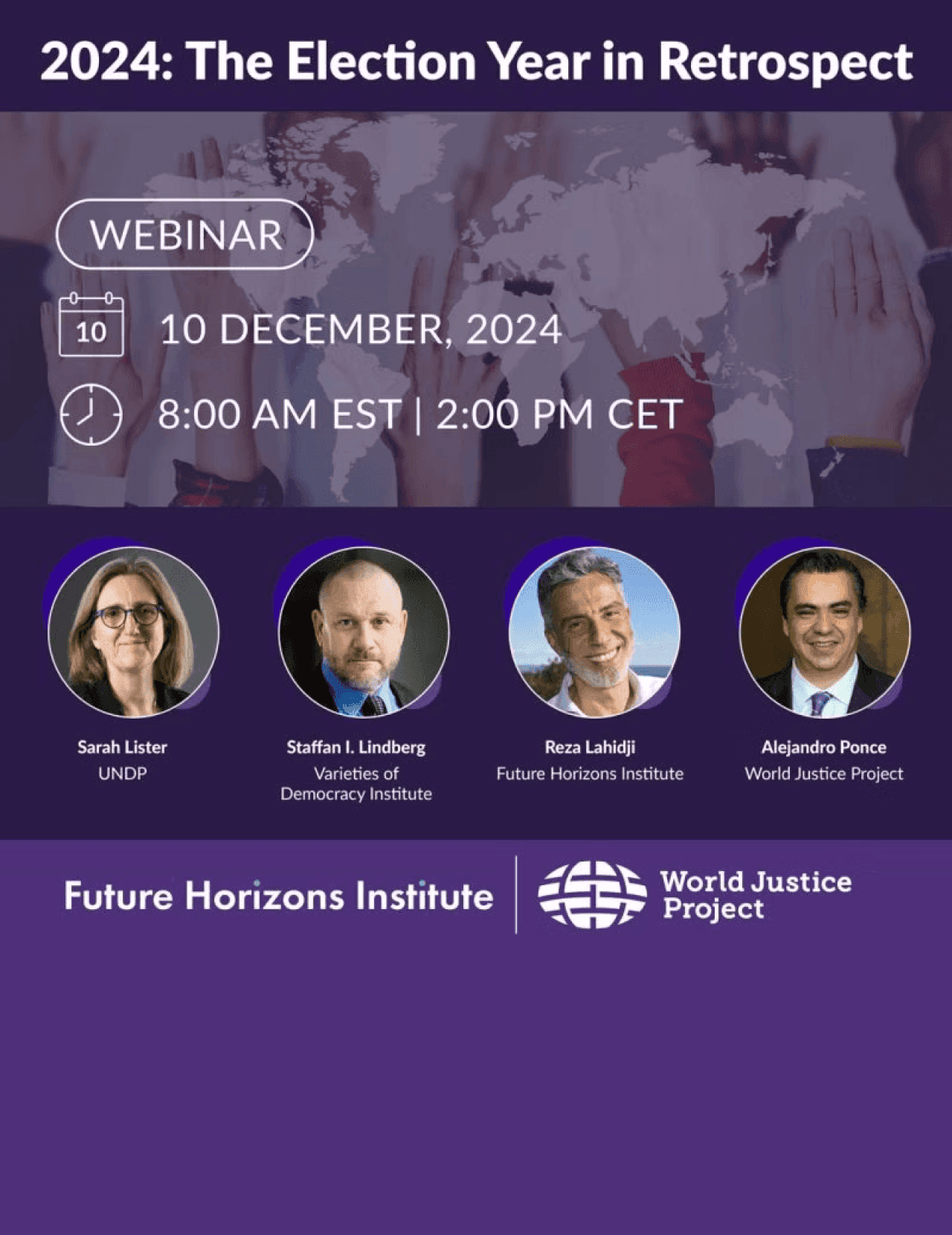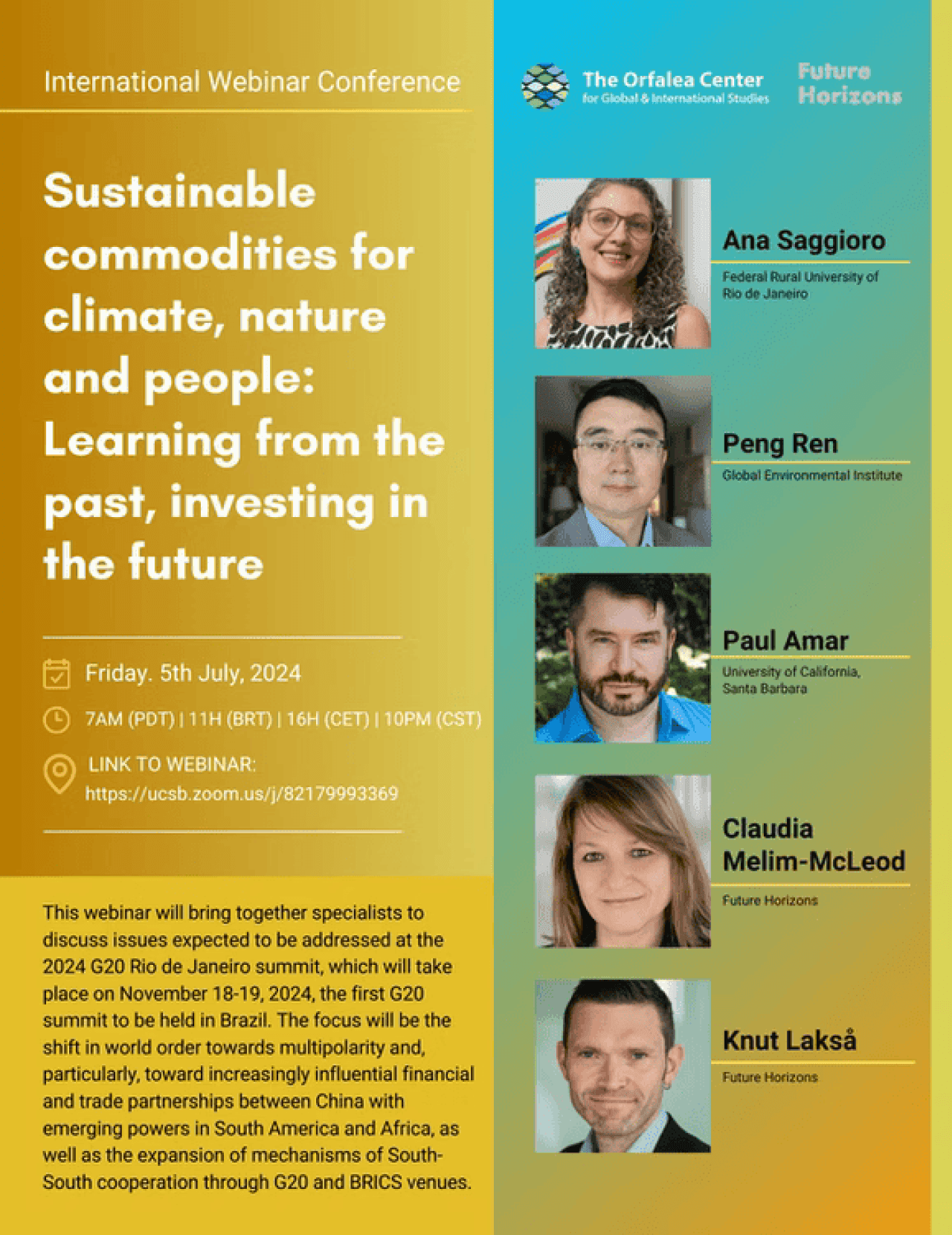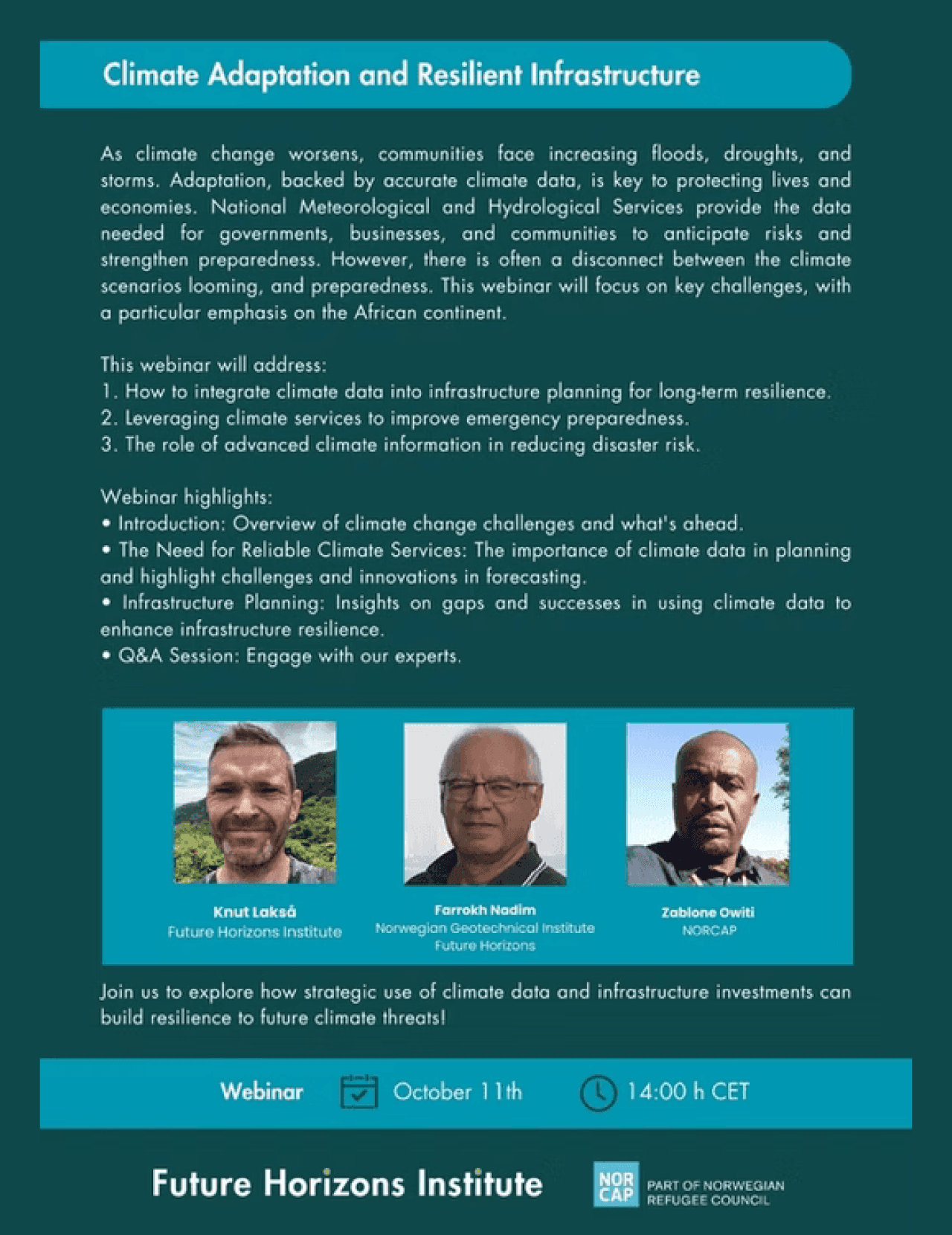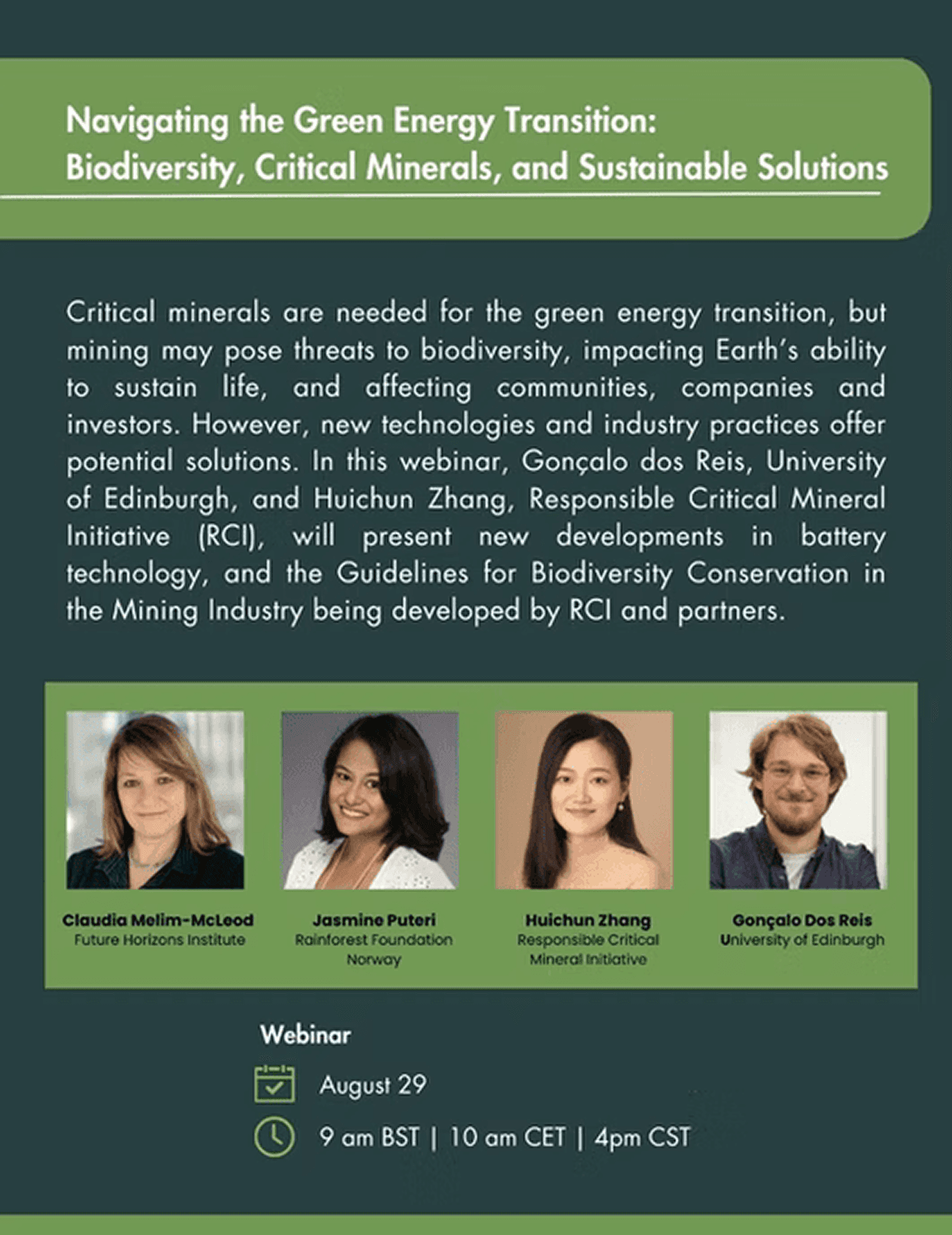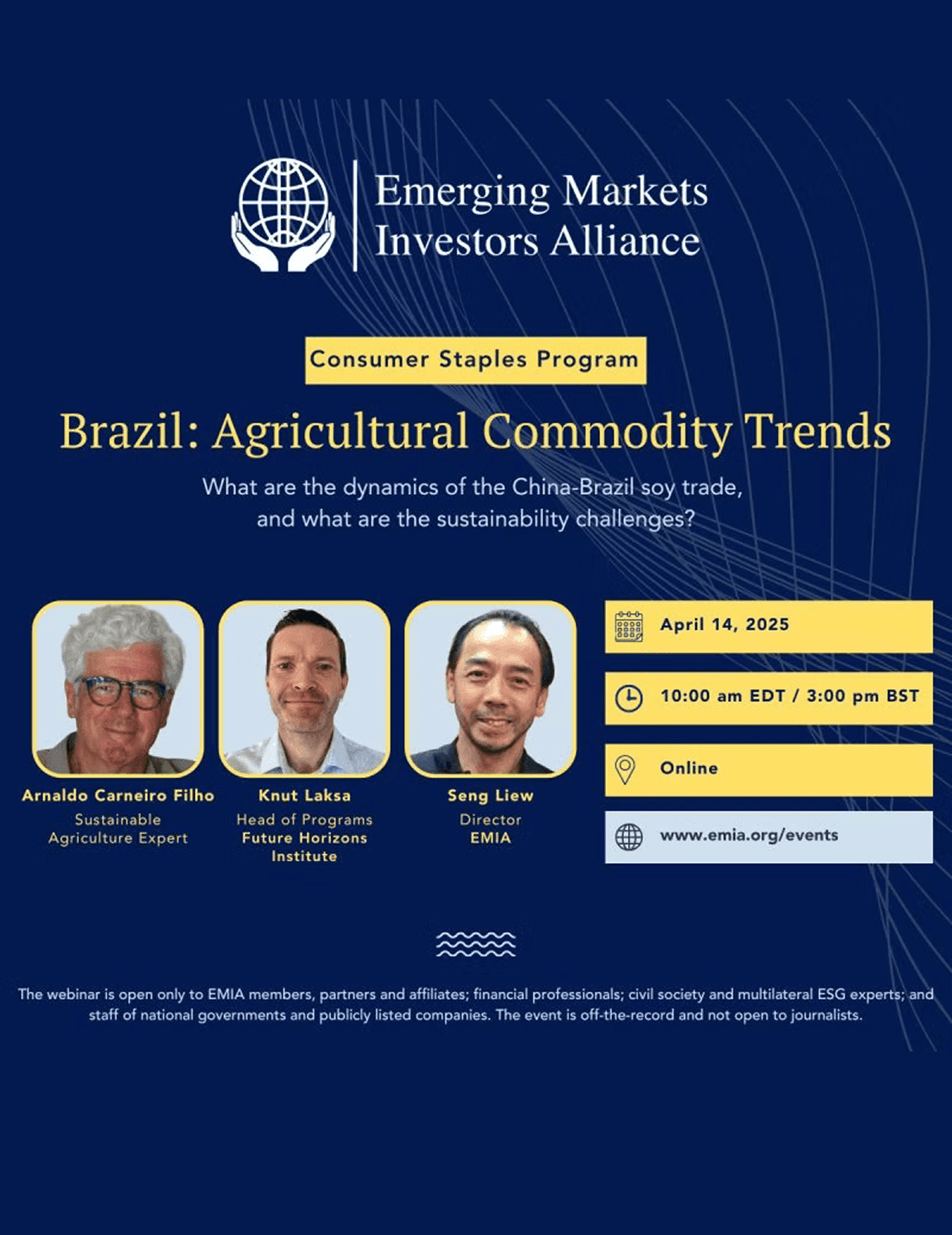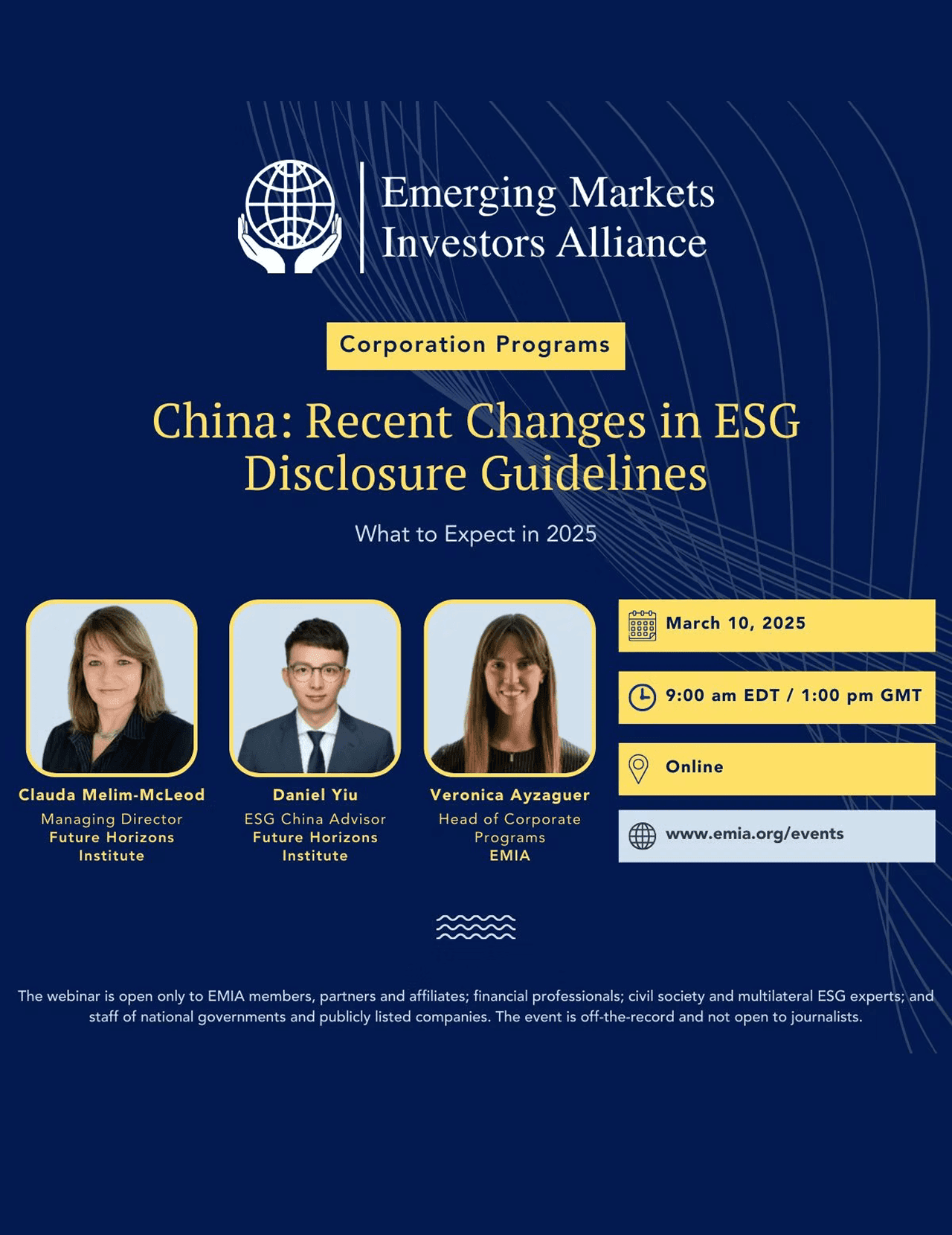
Building a Sustainable Future
Building a Sustainable Future
Welcome to Future Horizons Institute




Future Horizons Institute
Future Horizons Institute
Future Horizons Institute


Global
Collaboration



Sustainable
Solutions
Future Horizons Institute is an independent think tank working at the intersection of climate, nature, and business, to help build a sustainable and fair world. Founded in 2024 in Norway, the Institute works in partnership with institutions from around the world. We facilitate inter-disciplinary dialogues, courses, research and platforms for North-South and East-West collaboration with universities, private sector, and civil society organisations.
Future Horizons Institute is an independent think tank working at the intersection of climate, nature, and business, to help build a sustainable and fair world. Founded in 2024 in Norway, the Institute works in partnership with institutions from around the world. We facilitate inter-disciplinary dialogues, courses, research and platforms for North-South and East-West collaboration with universities, private sector, and civil society organisations.

Collaborative research for climate, nature, and people

Generating and sharing knowledge with global partners for a sustainable future




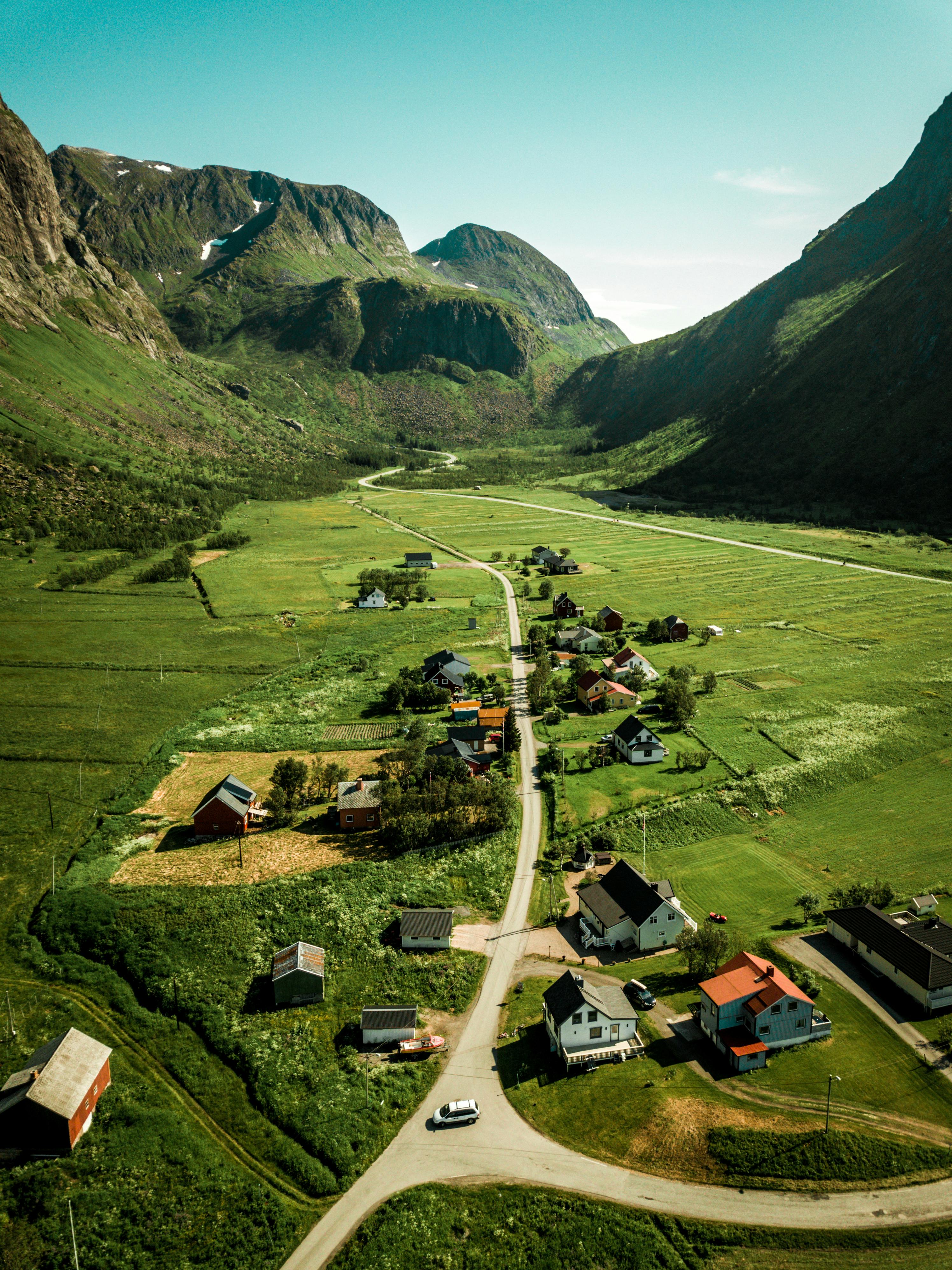
Climate Justice and
the Energy Transition
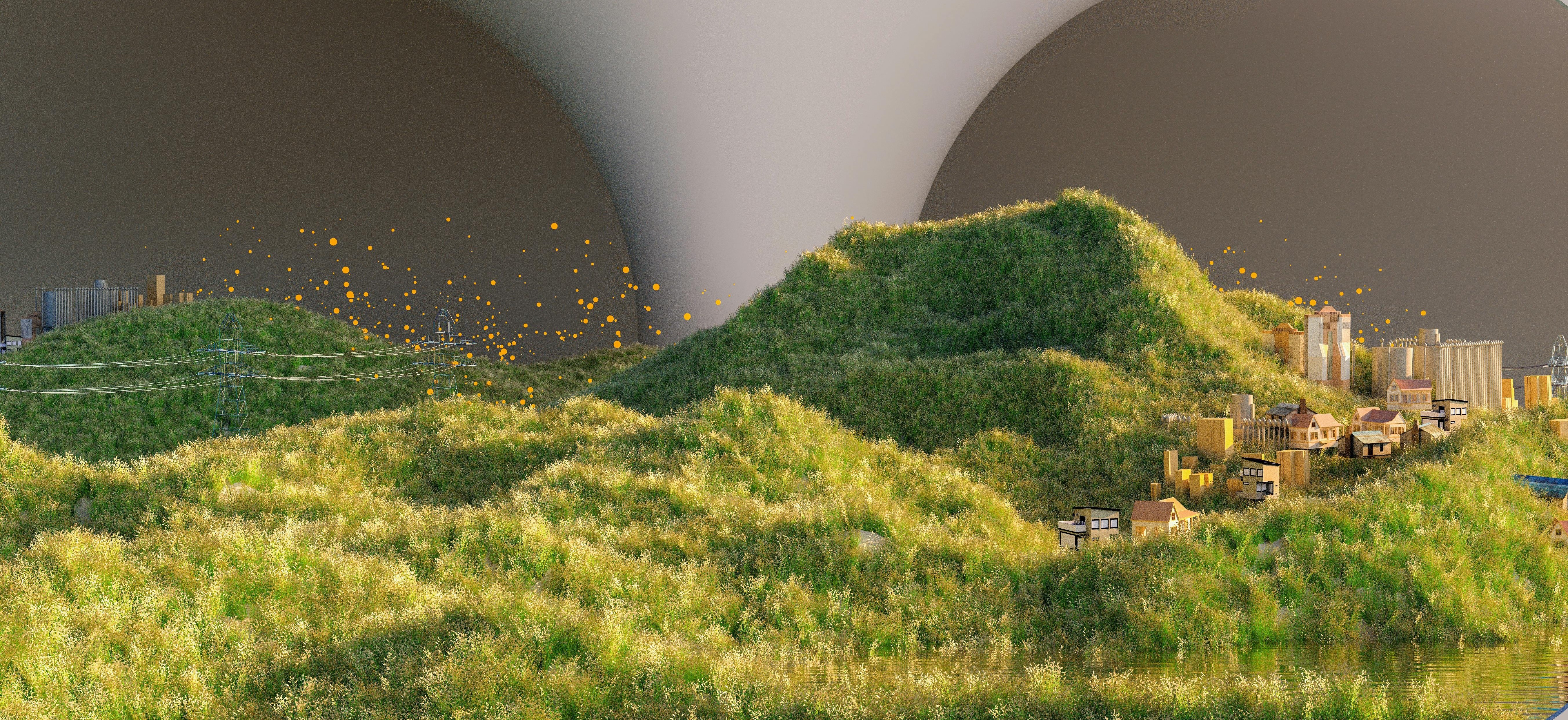
Sustainable Finance
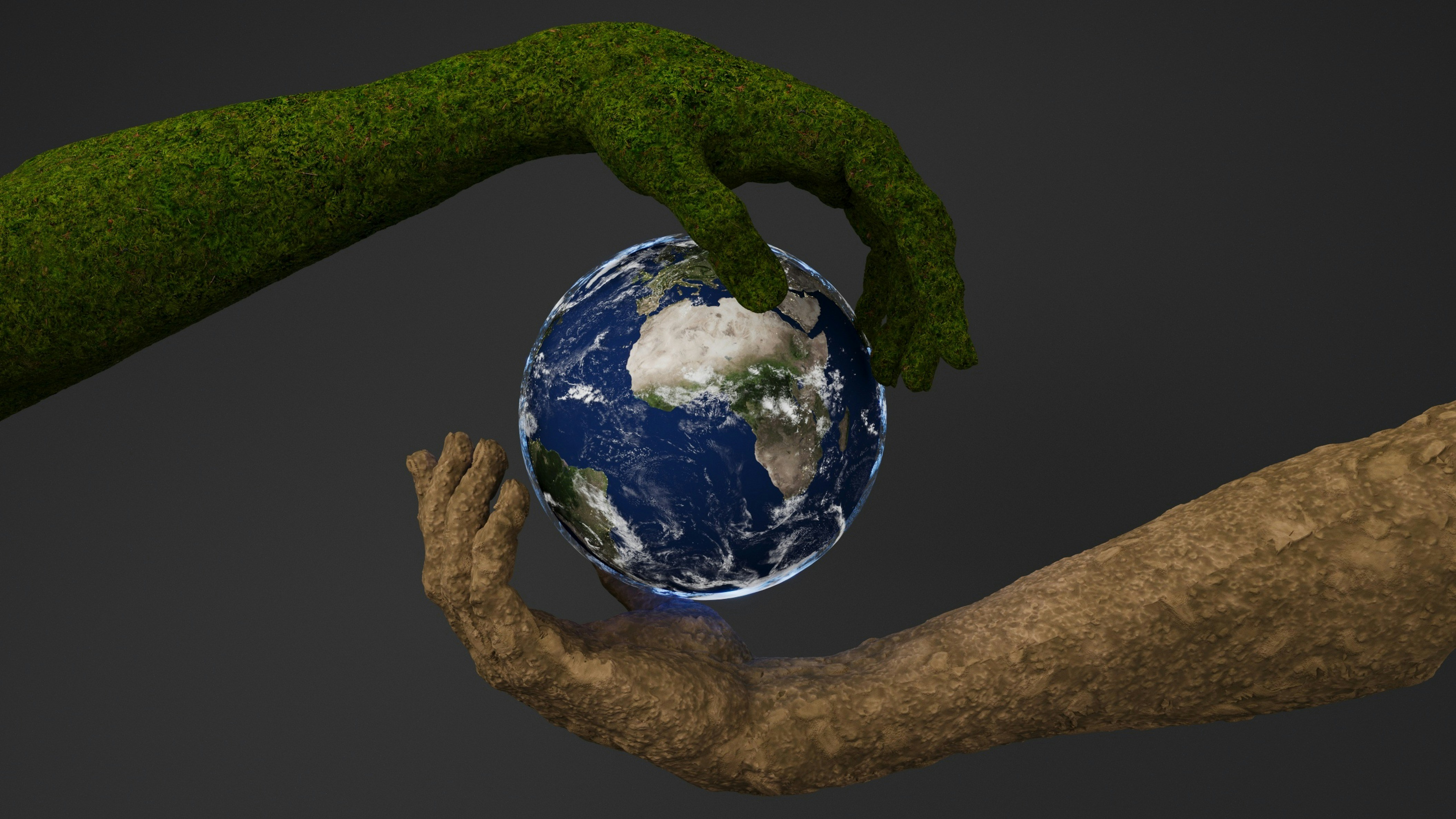
Sustainable Trade

The Multipolar World




Workshop
Workshop for researchers and civil
society organisations
Federal Rural University Av. Presidente Vargas 417, 6 Floor, City Center, Rio de Janeiro
16 October 2024




Workshop
Sustainable commodities for climate,
nature and people: Learning from the past, investing in the future
Federal Rural University Av. Presidente Vargas 417, 6 Floor, City Center, Rio de Janeiro
16 October 2024




Workshop
Sustainability in Global Commodity Supply Chains: Challenges and Achievements for a Fair and Sustainable World
Federal Rural University Av. Presidente Vargas 417, 6 Floor, City Center, Rio de Janeiro
16 October 2024
Explore our collaborative webinars tackling essential topics, from climate adaptation and sustainable infrastructure to green energy transition and responsible commodity sourcing for a better future.
Explore our collaborative webinars tackling essential topics, from climate adaptation and sustainable infrastructure to green energy transition and responsible commodity sourcing for a better future.

Sustainable Commodities for Climate, Nature and People: Learning from the Past, Investing in the Future

Sustainable Commodities for Climate, Nature and People: Learning from the Past, Investing in the Future

Sustainable Commodities for Climate, Nature and People: Learning from the Past, Investing in the Future

Sustainable Commodities for Climate, Nature and People: Learning from the Past, Investing in the Future
Why a policy brief on sustainable commodities?
Why a policy brief on sustainable commodities?
Future Horizons Institute was selected by the T20, an engagement group that brings together think tanks and research centres, to submit a policy brief with recommendations for G20 members, in the context of the G20 summit in Rio de Janeiro, Brazil, in November 2024.
The 28th United Nations Climate Change Conference (COP 28) presented the first "global stocktake" of the Paris Agreement, revealing that the world is not on track to limit global warming to 1.5 degrees Celsius. An estimated 23% of total greenhouse gas (GHG) emissions come from agriculture, forestry and other land use.
Food security and the energy transition play a key part in global trade and investment, with important environmental and social consequences for countries in the Global South as producers and exporters of agricultural and mineral commodities. The competition for land and water use poses specific challenges for the livelihood of local communities; Moreover, exports of minerals and food commodities share the same logistical corridors and infrastructure, both of which are highly needed in Global South countries to serve global markets. Yet, the nexus between food security, energy transition and environmental justice for Global South countries and local communities is often absent in public policies and trade agreements.
G20 countries account for more than 80% of greenhouse gas emissions, 75% of global trade and two-thirds of the world's population. Therefore, the sheer scale of trade links among G20 members and their accumulated experience can also provide opportunities, especially given the role of Asian, African and Latin American countries in agricultural and mineral trade relations.
Our policy brief is part of the work of Task Force 4 - Trade and investment for sustainable and inclusive growth, co-chaired by Fundação Getúlio Vargas (Brazil) and the Institute of Development and Sustainability (IDOS- Germany). Key highlights include:
- A review of the evidence on best practices and lessons learned from trade in selected agricultural commodities and minerals.
- A discussion of the trade-offs inherent in land use policy decisions, including environmental and social impacts on local communities. Examples are drawn from experiences in the Global South.
- Recommendations for key sectors that contribute to G20 efforts to achieve the goals of the Paris Agreement, the Montreal-Kunming Global Biodiversity Framework and the G20 Global Land Initiative.
The G20 consists of Argentina, Australia, Brasil, Canada, China, France, Germany, India, Indonesia, Italy, Japan, Korea, Mexico, Saudi Arabia, South Africa, Russia, Turkey, UK and USA, and includes also the African Union and the European Union. For more information, please visit G20 Brasil 2024 and T20 Brasil.
Future Horizons Institute was selected by the T20, an engagement group that brings together think tanks and research centres, to submit a policy brief with recommendations for G20 members, in the context of the G20 summit in Rio de Janeiro, Brazil, in November 2024.
The 28th United Nations Climate Change Conference (COP 28) presented the first "global stocktake" of the Paris Agreement, revealing that the world is not on track to limit global warming to 1.5 degrees Celsius. An estimated 23% of total greenhouse gas (GHG) emissions come from agriculture, forestry and other land use.
Food security and the energy transition play a key part in global trade and investment, with important environmental and social consequences for countries in the Global South as producers and exporters of agricultural and mineral commodities. The competition for land and water use poses specific challenges for the livelihood of local communities; moreover, exports of minerals and food commodities share the same logistical corridors and infrastructure, both of which are highly needed in Global South countries to serve global markets. Yet, the nexus between food security, energy transition and environmental justice for Global South countries and local communities is often absent in public policies and trade agreements.
G20 countries account for more than 80% of greenhouse gas emissions, 75% of global trade and two-thirds of the world's population. Therefore, the sheer scale of trade links among G20 members and their accumulated experience can also provide opportunities, especially given the role of Asian, African and Latin American countries in agricultural and mineral trade relations.
Our policy brief is part of the work of Task Force 4 - Trade and investment for sustainable and inclusive growth, co-chaired by Fundação Getúlio Vargas (Brazil) and the Institute of Development and Sustainability (IDOS- Germany). Key highlights include:
- A review of the evidence on best practices and lessons learned from trade in selected agricultural commodities and minerals.
- A discussion of the trade-offs inherent in land use policy decisions, including environmental and social impacts on local communities. Examples are drawn from experiences in the Global South.
- Recommendations for key sectors that contribute to G20 efforts to achieve the goals of the Paris Agreement, the Montreal-Kunming Global Biodiversity Framework and the G20 Global Land Initiative.
The G20 consists of Argentina, Australia, Brazil, Canada, China, France, Germany, India, Indonesia, Italy, Japan, Korea, Mexico, Saudi Arabia, South Africa, Russia, Turkey, UK and USA, and includes also the African Union and the European Union. For more information, please visit G20 Brasil 2024 and T20 Brasil.
Collaborations
Collaborations

Building a sustainable future through collaborative research and actionable insights for a better tomorrow.

info@futurehorizonsinstitute.org
Privacy Policy
©2025 Future Horizons Institute Org nr. 934 158 652



Building a sustainable future through collaborative research and actionable insights for a better tomorrow.

info@futurehorizonsinstitute.org
Privacy Policy
©2025 Future Horizons Institute Org nr. 934 158 652



Building a sustainable future through collaborative research and actionable insights for a better tomorrow.

info@futurehorizonsinstitute.org
Privacy Policy
©2025 Future Horizons Institute Org nr. 934 158 652



Building a sustainable future through collaborative research and actionable insights for a better tomorrow.

info@futurehorizonsinstitute.org
Privacy Policy
©2025 Future Horizons Institute Org nr. 934 158 652



